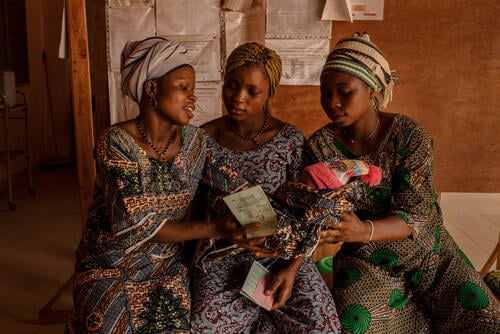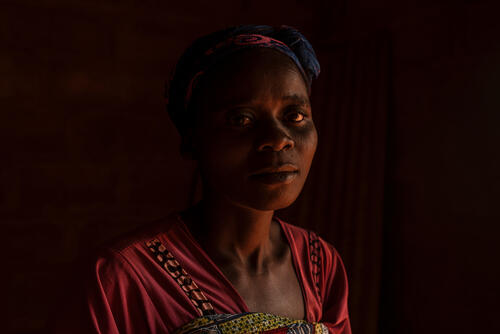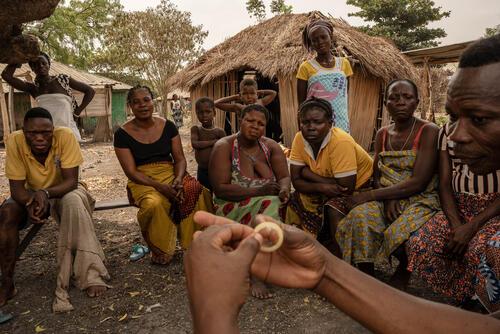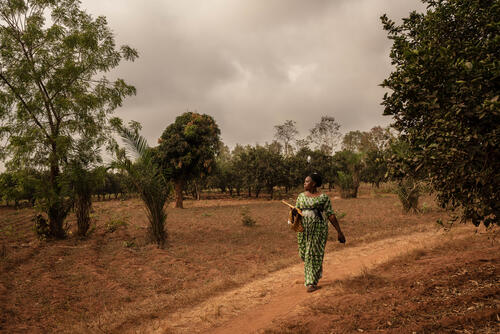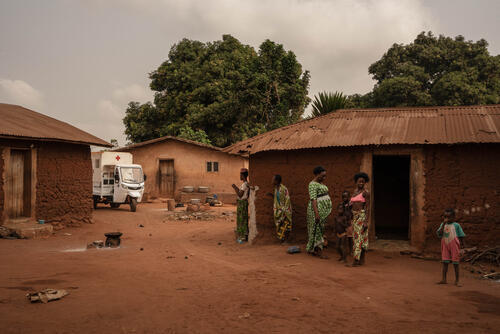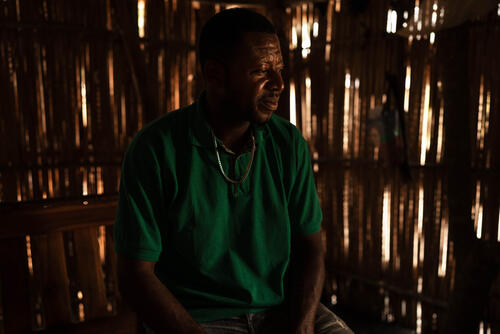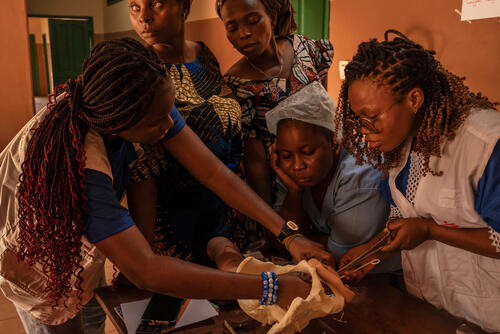In Benin, before Médecins Sans Frontières (MSF) arrived in the southern department of Couffo, the proportion of pregnant women and women of childbearing age who visited a health centre on a regular basis was low. As a consequence, most women did not get medical checkups during their pregnancies, and they often gave birth at home. There was also significant demand for contraception, but around half of women of childbearing age did not have access to it. In this context, the maternal and infant mortality rate remained high , while some deaths could have been avoided by more regular medical monitoring.
Since 2022, MSF teams and partners from the Ministry of Health have been working at all levels of healthcare to ensure long-term and sustainable changes among communities in Couffo. Today, outreach and health promotion activities in the department’s villages are carried out mainly by women trained by MSF. The commitment of these women from the community has enabled a link to be established between the health centres in the area and local people, particularly women, who are now visiting the centres on a much more regular basis.
‘Thanks to a safe delivery, my life has been preserved’
Léonie is the mother of five children. She is one of the women in her village who have been made aware of the good practices to adopt when pregnant to stay healthy. During her last pregnancy, Léonie suffered from fluid retention and swelling in her feet that made it difficult for her to sleep. The herbal infusions she was given had no effect.
Informed of the importance of medical care during pregnancy, Léonie went to a health centre where she was cared for by staff who listened to her needs. As her last pregnancy was particularly difficult, without this medical assistance and the safe delivery of her baby, Léonie could have died. Today, her seven-month-old son, Précieux Magloire, is fine and he was also able to benefit from appropriate care at the health centre.
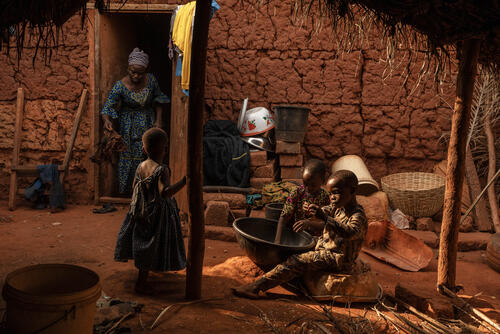
‘My work is helping to save lives’
Hippolite supervises health promotion activities in the villages of the KTL health zone, which is named after the three communes, Klouékanmè, Toviklin, and Lalo. Part of his job is to train and support women leaders, who are active ambassadors for other people in their villages. The involvement of these women is essential to help inform the community and support them in making decisions to improve their reproductive health.
“If women don't know why they need to go to the health centre, they won't go,” says Hippolite. “Medical staff can save lives, but we are also fighting ignorance, which can lead to some people dying.”
To bring sustainable change within the community, particular attention is being focused on providing adequate information about the various family planning methods, to enable couples to choose if and when they will have their next child.
“The question of contraception has been a taboo subject in Beninese society for a long time,” Hippolite. “Some people thought that a woman who controlled her pregnancies would become sterile. I’ve noticed that people’s minds are slowly changing, when a couple understands that a woman will be in good health if she avoids a pregnancy too soon since the last one.”
Fully informed and advised by the women leaders, the women are now aware that they can go to a health centre where they will be received by qualified and trained health staff.
‘The results encourage me to continue my involvement’
Lucienne is one of the 465 leaders trained by MSF. Since she started, she has seen the results achieved among the community, particularly men. In her village, a tricycle referral system has been set up to take people to the nearest health centre. It is mainly the men who manage this system for the women.
“Before I became involved, I also thought that contraception made people sick and sterile,” says Lucienne. “I understood the reluctance of husbands and their wives. Today, I realise that when contraception is accepted in a household, it avoids many problems between partners.”
“I was also afraid that women who suffered complications during pregnancy would die,” she continues. “Today, many things have changed for the better.”
Even if MSF teams provided theoretical knowledge and helped to train these people, these women leaders play a vital role in reducing maternal mortality, because they are well aware of the challenges and conditions facing the community and know how to communicate with their peers.
‘My children will not have to experience the same suffering as my wife and I did’
Felix is the father of six children, the eldest of whom is 15. He and his wife lost two children in early childhood. As one of the 160,000 people reached by MSF teams since the project began, he is now aware of the various methods of contraception.
Before, he used to believe that the withdrawal method was enough to prevent pregnancy. Now he understands the importance of spacing births for the well-being of his whole family, and that contraceptive methods are a safe way of achieving this.
“Denise gave birth five months ago to a baby girl whom we have named Naomie. Now we’re going to take good care of the children we already have, and we won’t have any more children,” says Felix. “I, in my turn, will pass the message on to my children so that this suffering never happens again.”
MSF teams have been working in the Couffo department since 2022. In addition to health promotion activities, six health centres have received the support of MSF in terms of recruitment and training of health staff, rehabilitation, or supplies of medicines and medical equipment. MSF supports pre and post-natal consultations, safe deliveries, safe abortion care, family planning counselling, and assistance following sexual violence. The teams also work in the hospital, which receives the most severe cases in the area, and where the rate of maternal mortality was particularly high. At the same time, we assist a blood bank to ensure that adequate blood supplies are available for anyone in need.



